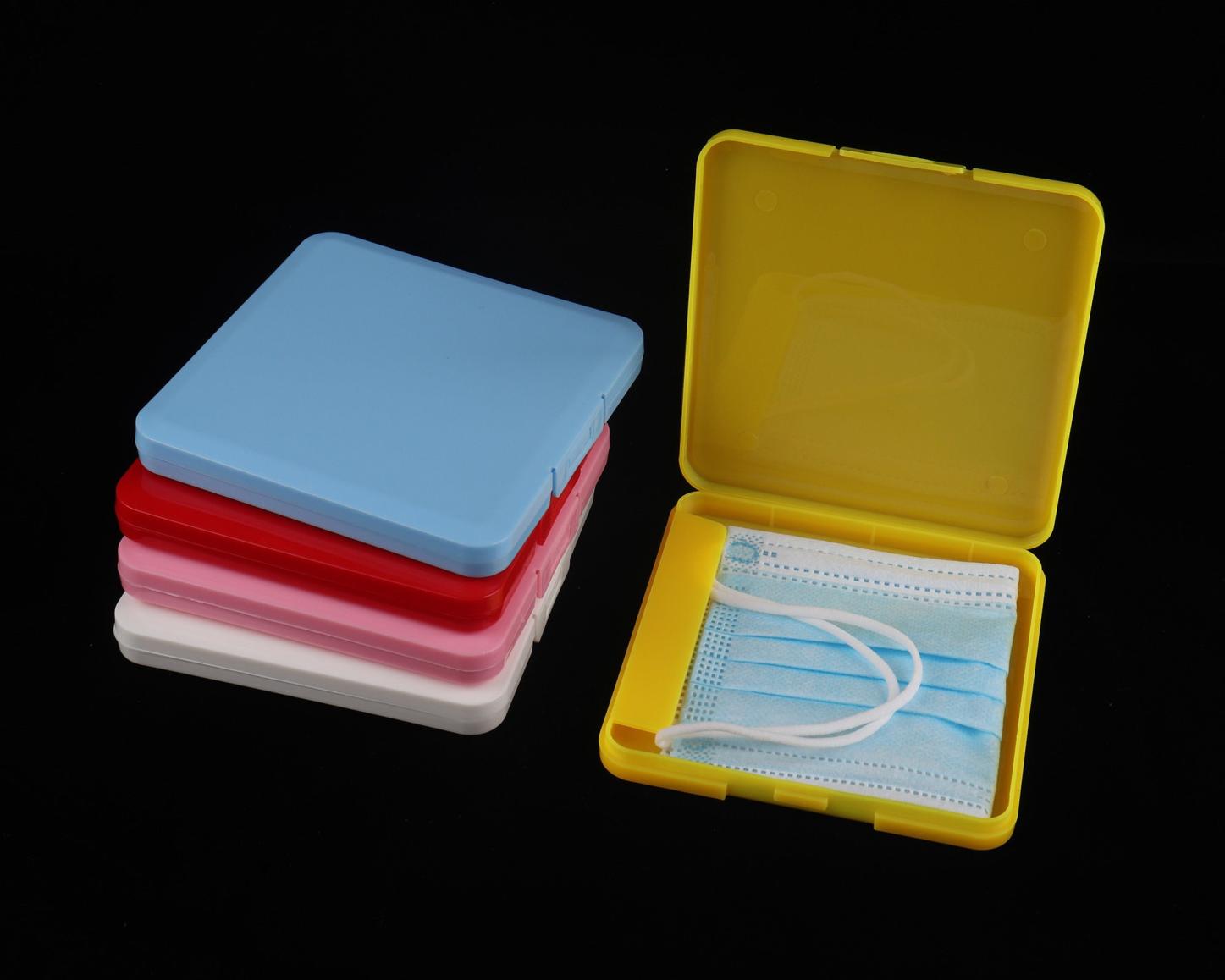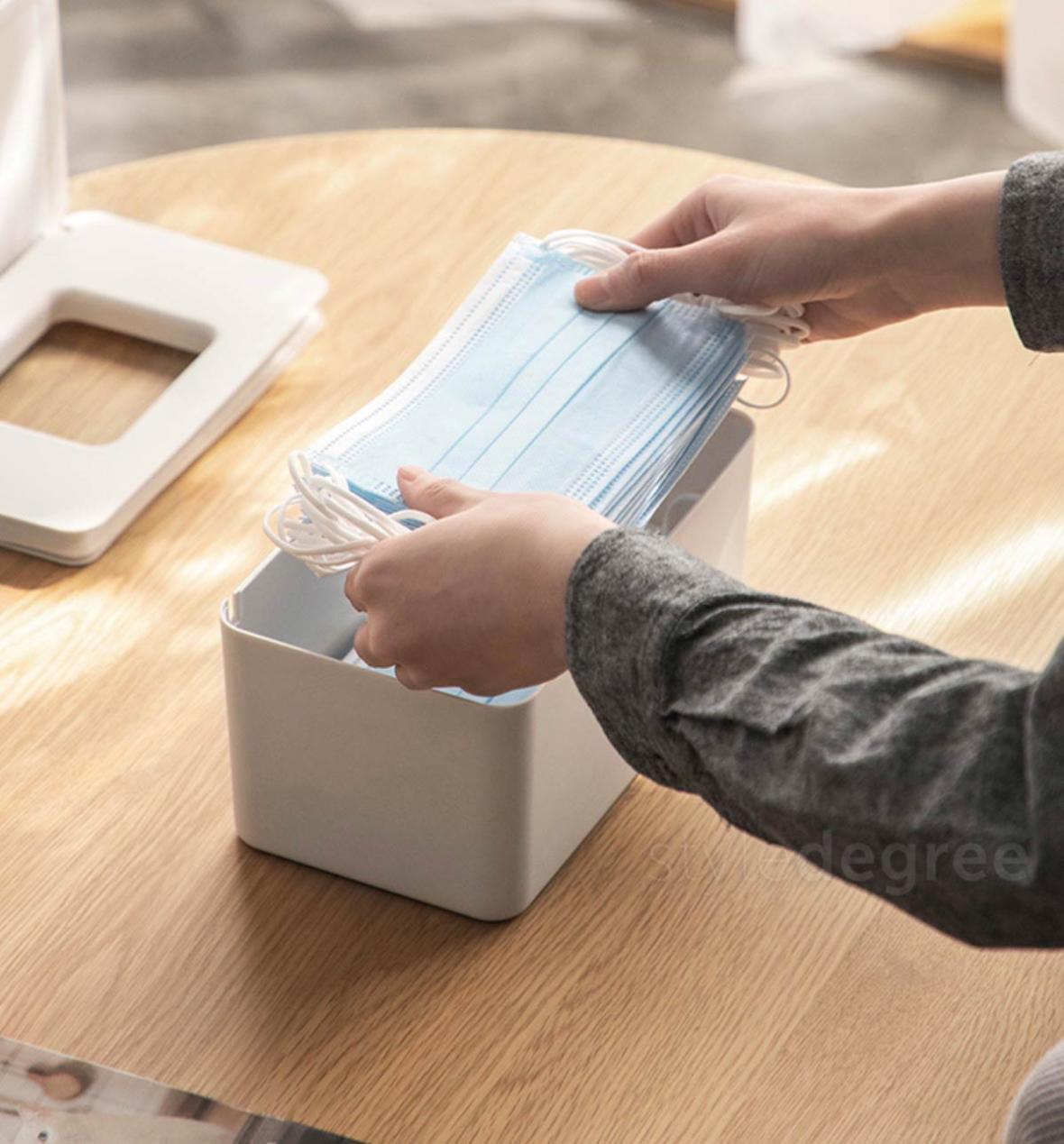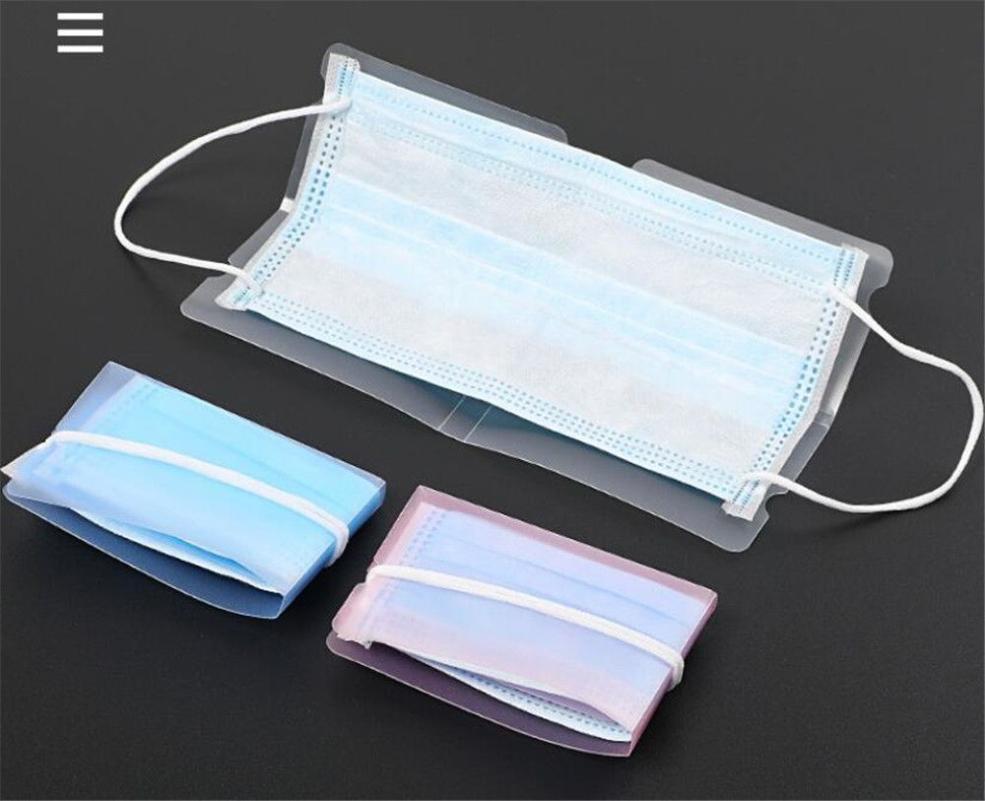How Can I Dispose of a Face Mask Properly?
In the wake of the COVID-19 pandemic, face masks have become an essential part of our daily lives. While they play a crucial role in preventing the spread of the virus, improper disposal of face masks poses significant environmental and health implications.

Importance Of Proper Face Mask Disposal
Improperly discarded face masks can contribute to environmental pollution, harm wildlife, and increase the risk of spreading infectious diseases. Therefore, it is essential to dispose of face masks properly to protect both public health and the environment.
Environmental And Health Implications Of Improper Disposal
- Plastic Pollution and Microplastics: Disposable face masks are often made of plastic materials, which can take hundreds of years to decompose. When improperly disposed of, these masks can end up in landfills, oceans, and waterways, contributing to plastic pollution and the formation of microplastics.
- Contamination of Water Bodies: Improperly discarded face masks can be washed away by rain or wind, eventually reaching water bodies. This can contaminate water sources and harm aquatic life.
- Harm to Wildlife: Animals can mistake discarded face masks for food, leading to ingestion and potential health problems. Additionally, face masks can entangle wildlife, causing injury or death.
- Spread of Infectious Diseases: Improperly discarded face masks can become breeding grounds for bacteria and viruses, potentially contributing to the spread of infectious diseases.
- Contamination of Surfaces and Objects: Improperly discarded face masks can contaminate surfaces and objects, increasing the risk of transmission of infectious diseases.
Types Of Face Masks And Their Disposal Methods
Different types of face masks require different disposal methods. Here are general guidelines for common types of face masks:
Disposable Face Masks:
Single-Use Face Masks:
- Discard in a Sealed Waste Bin: After use, discard single-use face masks in a sealed waste bin or trash can with a lid.
- Avoid Flushing or Littering: Never flush face masks down the toilet or dispose of them by littering. This can lead to contamination of water bodies and harm to wildlife.
Reusable Cloth Face Masks:
- Wash Thoroughly with Soap and Water: After each use, wash reusable cloth face masks thoroughly with soap and water. Follow the manufacturer's instructions for proper washing and drying.
- Dry Completely before Reuse: Ensure that reusable cloth face masks are completely dry before reusing them. Damp masks can harbor bacteria and viruses.
N95 Respirators And Surgical Masks:
- Follow Guidelines for Healthcare Settings: N95 respirators and surgical masks are typically used in healthcare settings. Follow the guidelines and protocols established by your healthcare facility for the proper disposal of these masks.
- Dispose of in Designated Medical Waste Containers: In healthcare settings, N95 respirators and surgical masks should be disposed of in designated medical waste containers.
Proper Disposal Techniques
In addition to following the specific disposal methods for different types of face masks, there are general guidelines for proper disposal techniques:
General Guidelines:
- Remove Face Mask Safely: When removing a face mask, avoid touching your eyes, nose, or mouth. Remove the mask by holding the ear loops or ties and pulling them away from your face.
- Avoid Touching Eyes, Nose, or Mouth: After removing a face mask, avoid touching your eyes, nose, or mouth until you have washed your hands thoroughly.
- Wash Hands Thoroughly after Handling: Always wash your hands thoroughly with soap and water after handling or disposing of a face mask.
Specific Disposal Methods:
Home Disposal:
- Seal Face Mask in a Plastic Bag: Place the used face mask in a sealed plastic bag to prevent contamination.
- Place in a Covered Trash Can: Dispose of the sealed plastic bag in a covered trash can with a lid.
Public Disposal:
- Use Designated Disposal Bins: In public areas, use designated disposal bins or containers specifically provided for face masks.
- Avoid Overcrowding Bins: Avoid overcrowding disposal bins to prevent contamination and ensure proper waste management.
Environmental Impact Of Improper Disposal

Improper disposal of face masks can have significant environmental consequences:
- Plastic Pollution and Microplastics: Improperly discarded face masks contribute to plastic pollution and the formation of microplastics, which can harm marine life and contaminate water sources.
- Contamination of Water Bodies: Discarded face masks can be washed away by rain or wind, contaminating water bodies and harming aquatic ecosystems.
- Harm to Wildlife: Animals can mistake discarded face masks for food, leading to ingestion and potential health problems. Additionally, face masks can entangle wildlife, causing injury or death.
Health Risks Of Improper Disposal
Improper disposal of face masks can also pose health risks:
- Spread of Infectious Diseases: Improperly discarded face masks can become breeding grounds for bacteria and viruses, potentially contributing to the spread of infectious diseases.
- Contamination of Surfaces and Objects: Improperly discarded face masks can contaminate surfaces and objects, increasing the risk of transmission of infectious diseases.

Proper disposal of face masks is crucial for protecting public health and the environment. By following the guidelines and techniques outlined in this article, we can minimize the negative impacts of face mask disposal and contribute to a healthier and cleaner world.
Remember, responsible disposal of face masks is a collective effort. By working together, we can reduce the environmental and health risks associated with improper disposal and ensure a safer and healthier future for all.
YesNo

Leave a Reply